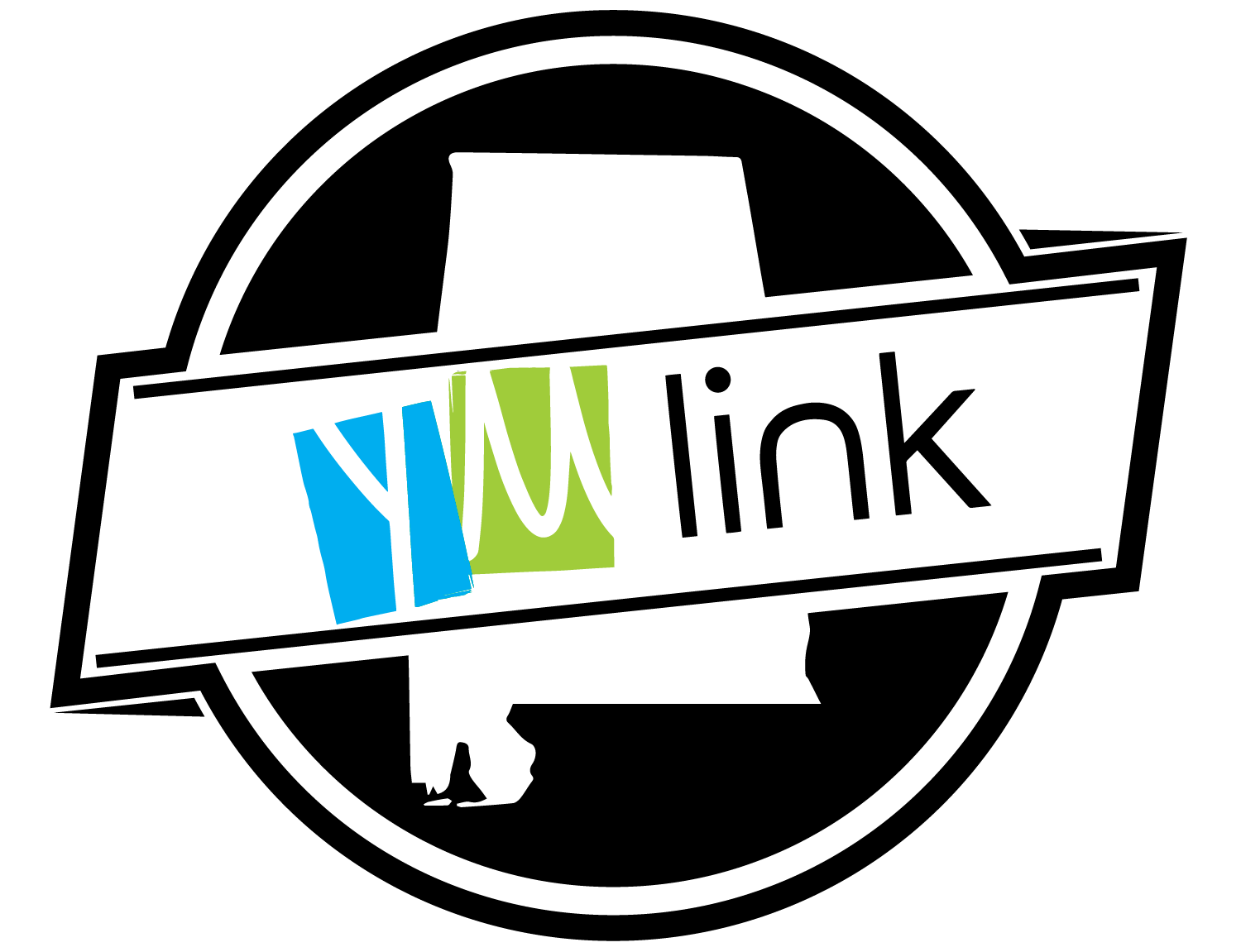The question that we’re looking at today is “Do you have to have illustrations, be funny or yell to be a good Bible educator?” The short answer to that is, “no.” There is no “one-size-fits-all” to youth ministry or a list of absolutes to any way that you have to do a Bible study lesson. However, we each want to strive to be the best Bible communicator and educator of truth that we possibly can. Apart from prayer and preparation none of us will do this effectively. Paul shared with the Corinthian church in 1 Corinthians 9:22-23, “I have become all things to all people so that by all possible means I might save some. I do all this for the sake of the gospel, that I may share in its blessings.” You should strive to know your students and to work to understand them and to be like them as much as possible.
Before we start talking about prayer and preparation I want to remind you that no one will care how much you know until they know how much you care. Your students need to feel that you love them and that you are encouraging them as you are striving to teach them the truth. Always be mindful of this and then pray and prepare for your lessons.
First, let’s talk about prayer. John 6:44 Jesus says, “No one can come to me unless the Father who sent me draws them, and I will raise them up at the last day.” We can do nothing apart from Christ and we know this, but we have all likely been guilty of getting caught up trying to set up a room, get kids to church, answer emails, field phone calls and do the last minute cramming of a Bible study that we simply fail to pray for our students, that their hearts will be receptive, that God will show up in the worship service. This is what’s most important. So we cannot fail to do this for our students.
As we’re praying we also know that God can and does work miracles, but at the same time God wants you to be obedient and faithful in preparation. So as you’re praying for your students also prepare for the lesson. In the specifics of this topic: illustrations. They are great and wonderful. I advise that you use them, but you want to make sure that they work. Be sure to take time to test any technology that you’re using if you’re showing a video or if you need audio or to gather all necessary supplies.
Humor: Should you be funny?
Humor works well with people. It can cause them to relate to you and to really like you, but I wouldn’t suggest that you start telling jokes unless you’re actually funny. If you’re not funny, then crickets will likely start chirping and your students will just feel awkward and bad for you. I am personally not very funny. So I never try to build jokes into Bible study. However, I have experienced some funny things and I myself have done things that are hilarious in hindsight. Real life is humorous, so when possible I build in real life illustrations from my own life or the lives of others to relate to my students in this way.
Yelling: Should you yell?
While variation in voice level may be really helpful to keep your students engaged and so they don’t go to sleep I want you to realize that yelling or even just being loud may create an adverse reaction with some of your students. I come from a family of screamers and so when someone is getting loud, yelling, especially if they have an authoritative voice and they’re giving commands I tend to shut down. That’s my coping mechanism. While all students will certainly not treat a loud voice like this, if you’re usual ending to a Bible study or sermon is to get really really loud and drive a point home, maybe you should consider varying it up a little bit. Think about this: how much harder do your students have to listen if you whisper, if you get softer towards the ending? Another thing is, how much longer might your students think on the topic of your sermon if you pose a question rather than stating your last few points? So the specifics are wide open, but in general you do need to prepare. You want to be sure that you are both Biblically accurate and culturally relevant. We looked at the ministry of Paul earlier. I want you to also think about Jesus and the way that He taught. Jesus was a part of an oral culture and He often spoke in parables. He used agricultural terms because He was a member of an agrarian society. You too should be a student of your culture, particularly the older that you get because times are changing ever so quickly. Even if you’re from the same geographic region as your students, students that are five, ten, fifteen or beyond years younger than you may likely experience a life that’s different than yours.
Another thing that I would add, briefly, is that it may be helpful for you to study learning styles. There are seven basic learning styles. For Bible communication we most often speak verbally to our students, but not all student are verbal learners and if they’ve just spent an entire day at school and then they’re coming in to listen to a lesson, they may not grasp much of what you’re communicating. So think, also, that the additional learning styles are, two, visual (this is where illustrations can be handy as you use pictures, diagrams and images). The third learning style is musical or auditory. If you have a way to play worship music even if it’s just by CD, this may help to engage your students. A fourth learning style is physical or kinesthetic – anything that gets students up, moving around, using their hands to engage in learning. The fifth learning style is logical or mathematical – the idea of using reasoning to solve problems. Jesus often posed questions which would engage this learning style. The sixth and seventh are that students may learn socially in groups and it helps for them to explain things to learn for themselves or individually that they learn solitarily on their own.
I hope that these suggestions will be helpful as you pray and prepare for your students.









